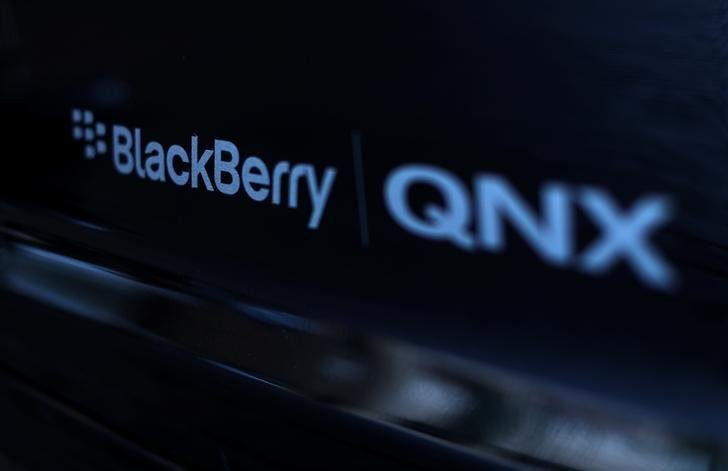
The company declined to name any automakers who plan to use the technology, but senior BlackBerry executive John Wall said "multiple" car companies have started incorporating it into onboard computer systems of vehicles that are currently in development.
BlackBerry touted the product, the QNX Hypervisor 2.0, as a way to make vehicles more secure from hacking, saying it can isolate multiple systems to run on a single piece of silicon, allowing them to isolate functions critical to safety from systems that are exposed to wireless networks.
Here's all we know about Blackberry's latest flagship device ‘Mercury’
"Think of a house, and a burglar getting into a room. So even if the burglar does get into that room, the door is locked, he can't get out of that room. And even if he can get into the hallway, the other rooms are locked," Wall, the head of BlackBerry's QNX division said in a teleconference with reporters.
QNX has a strong position in the market for internet-connected car infotainment systems, and is looking to boost sales by expanding into more of the vehicle.
Blackberry marks final days as market share falls to 0%
The automotive industry is one of the fastest-growing segments of the technology market, as automakers race to add more autonomous features and ultimately seek to build self-driving cars.
Qualcomm Inc said the new hypervisor is compatible with its Snapdragon 820Am automotive processor, enabling carmakers to reduce hardware complexity and costs by putting multiple systems on a single platform.
BlackBerry shares were little changed in morning trade. They have soared about 63 per cent since late March on hopes for high sales growth from QNX and other relatively new products.





1732347751-0/Express-Tribune-(1)1732347751-0-270x192.webp)


1732264554-0/Copy-of-Untitled-(68)1732264554-0-270x192.webp)

1732259816-0/Express-Tribune-(4)1732259816-0-270x192.webp)






COMMENTS
Comments are moderated and generally will be posted if they are on-topic and not abusive.
For more information, please see our Comments FAQ